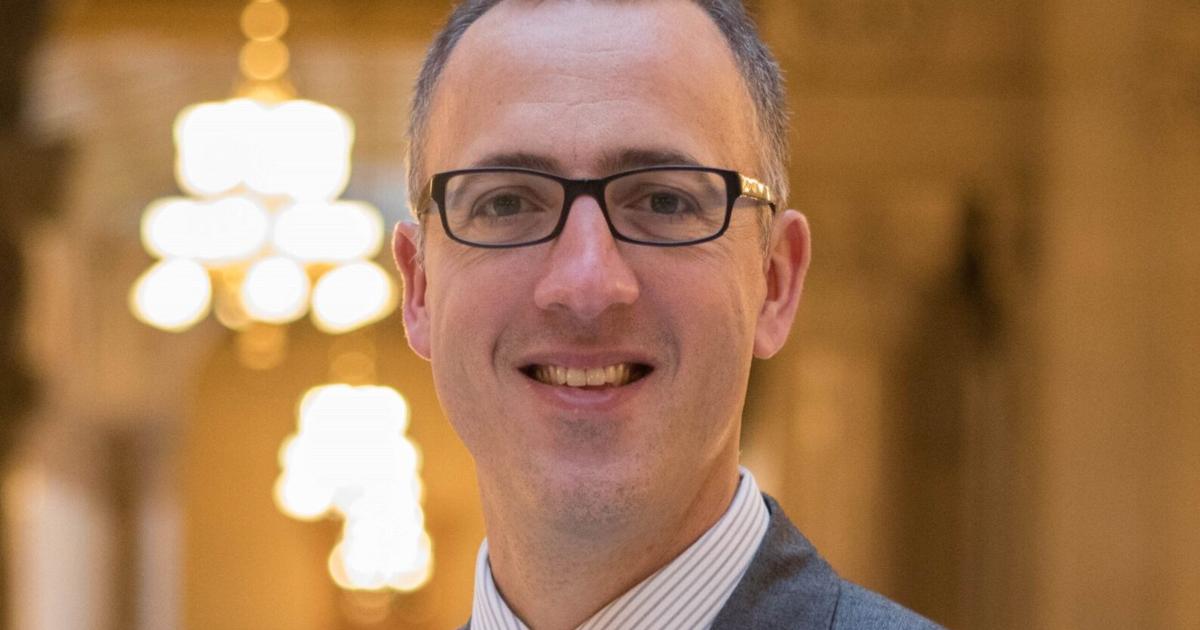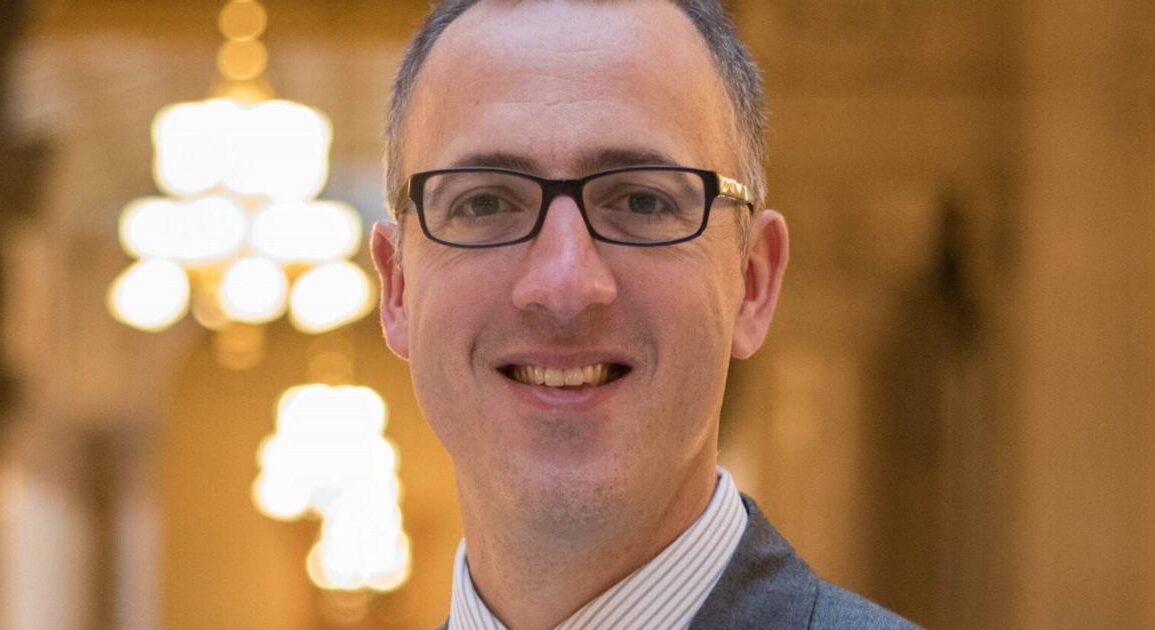
It’s still hot, but summer is coming to an end. This is not just the rueful observation of a woebegone parent with a child leaving for college. No, the truest, most reliable sign of summer’s end is almost upon us — legislators will soon return to the Statehouse for the annual interim study committees.
The interim committees are critical to Indiana’s part-time legislature. Time is scarce during regular sessions of the General Assembly. The interim allows lawmakers to reflect upon big ideas. For instance, the Interim Study Committee on Corrections and Criminal Code will conduct a multi-year review of current trends with respect to criminal behavior, sentencing, incarceration, and treatment. Studying trends is an important responsibility, and the hope is that it will produce thoughtful conversations about the successes and failures of our criminal justice system.
But wouldn’t adding a little philosophy and science to all the numbers and charts be nice? Perhaps this question is influenced by orientation sessions on southern Indiana’s most beautiful campus, but it’s serious.
Einstein believed philosophical insight is “the mark of distinction between a mere artisan or specialist and a real seeker after truth.” And it might be naïve, but the venerable lawmakers of antiquity saw the pursuit of truth and wisdom as one of their primary duties. Moreover, a continual examination of our insights is important. If the great thinkers of the last 5,500 years couldn’t get us to a final universal answer to these questions, odds are we haven’t found it either.
Is it working?
In the criminal justice context, adding philosophy and science to the conversation means asking difficult questions. Legislators would examine the purpose of the criminal code and ask whether our current knowledge of human behavior and psychology is compatible with the current approach. Philosophy has settled on five general purposes for the criminal justice system: deterrence, incapacitation, rehabilitation, retribution, and restitution. It is the legislature’s task to determine the emphasis we place on each component.
In some sense, Hoosiers answered the question long ago. The Indiana Constitution commands, “The penal code shall be founded on the principles of reformation, and not of vindictive justice.” But, notwithstanding the truly valiant efforts to address the mental health crisis in recent years, reformation is not the obvious goal of most criminal justice legislation. It is difficult to see a reformative intent behind longer prison sentences, reduced credit time, or the proliferation of new crimes.
Instead, the goal of the General Assembly seems to be deterrence and incapacitation. These aren’t inherently bad. If we can humanely deter people from invading the rights of others, we should, and if an unrelentingly dangerous menace to society is truly beyond the reach of rehabilitation, incapacitation might be the only alternative. The important thing is for legislators to remind themselves of the goal and reevaluate what it is and what it is not. If the mission is to prevent crime, let’s keep our eye on that target and keep the retribution to a minimum.
Deterrence
And this is where science comes into play. Our chosen method of deterring crime – which has primarily focused on incarceration – should be put to the test. Admittedly, criminology and psychology have not figured it all out, but one generally accepted conclusion is that incarceration has little deterrent effect and might even cause more crime. Another widely believed and well-documented conclusion is that the certainty of repercussions matters most.
Of course, there is much more to the scientific literature, but this gives an idea of what a study committee could do. If certainty – rather than quantity – matters most, the committee can focus on what is affecting certainty. Some will say that it’s a soft-on-crime policy. Others might point out that the clearance rate for many crimes is very low and that it is hard to be tough (or soft) on crime that is never solved. It’s hard to know, but we’ll never figure it out without a more philosophical and scientific approach.
So, as summer ends, work begins. Some kids are off to college, and the General Assembly is also going back to school. The students hope for good professors, but the legislature can summon those they like. Ideally, they would add a few philosophers and scientists to the mix.
This post was originally published on this site be sure to check out more of their content.







